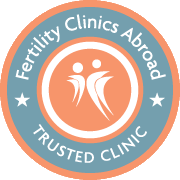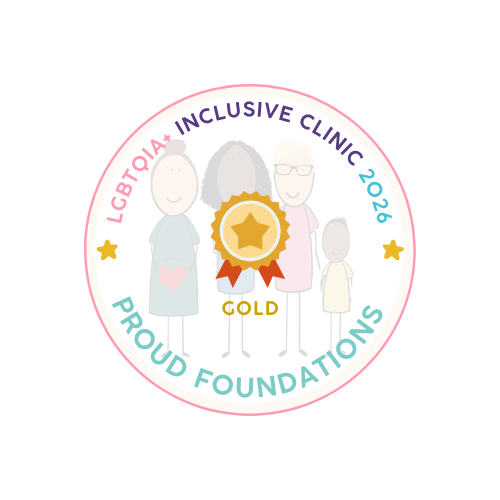When faced with a cancer diagnosis, emotions may be daunting and the last thing that you may consider is how you will preserve your fertility, but taking measures towards preservation is the best way forward. Many cancer treatments may affect fertility and therefore if you are young and still wish to have a family in the future, it is very crucial that you discuss with your cancer healthcare team, how your surgery or treatment may affect your fertility and what you can do to preserve it. Fertility specialists can also discuss the options that you have.
There is a whole medical field, known as Oncofertility, that bridges the specialities of oncology and reproductive endocrinology and its purpose is to maximize the potential that each cancer patient has to preserve their fertility and each cancer survivor to have a child.
The possible options available depend on the age, the current ovarian reserve and the length of time available before the cancer treatment is due to commence or surgery is scheduled.
Women have the option to cryopreserve eggs, embryos and in some cases ovarian tissue. Nowadays, fertility specialists have the knowledge and specific treatment protocols that can be used to stimulate the ovaries so we can obtain eggs for cryopreservation or fertilisation (if a male partner exists) in less than 12 days. The process involves the use of medications (either in injectable or tablet form) and the monitoring of the growth of the developing follicles up until the day of egg collection. This is a day-case procedure and it is performed under a light sedation. If the plan is to cryopreserve eggs, then this is performed on the day of the egg collection. If a male partner exists fertilisation can take place on this day and embryos are developed to the blastocysts stage (day 5 of embryo development) before they are cryopreserved. When freezing embryos the success rates in a future treatment cycle, when these are thawed, is higher than when using frozen eggs.
Men can of course freeze sperm samples for later use and this does not delay the commencement of any cancer treatment scheduled. In extreme cases, when sperm is not available through an ejaculation, other sperm collection methods can be discussed (for example extraction of testicular sperm).
The next step that needs careful planning is when one can commence trying to conceive following cancer treatments.
In cases where fertility preservation has not been feasible, cancer survivors still have options to have a child through the use of donor gametes (donor eggs or donor sperm) or even through the use of surrogacy, if the uterus of a woman has been affected and she is unable to carry a pregnancy. Be aware that these options may be expensive or legally complicated.
Newlife IVF Greece has dealt with numerous such cases and we have the knowledge and the services to be able to guide you and stand by you before and after your difficult journey through cancer treatment. Together we can help you protect your chances of having a child in the future and then eventually succeed in achieving your dream of building a family. Feel free to reach out to us if you have any further questions.

Chrysa Karakosta, BSc, MSc
Chrysa is the International Department Director at Newlife IVF Greece, in Thessaloniki Greece.











